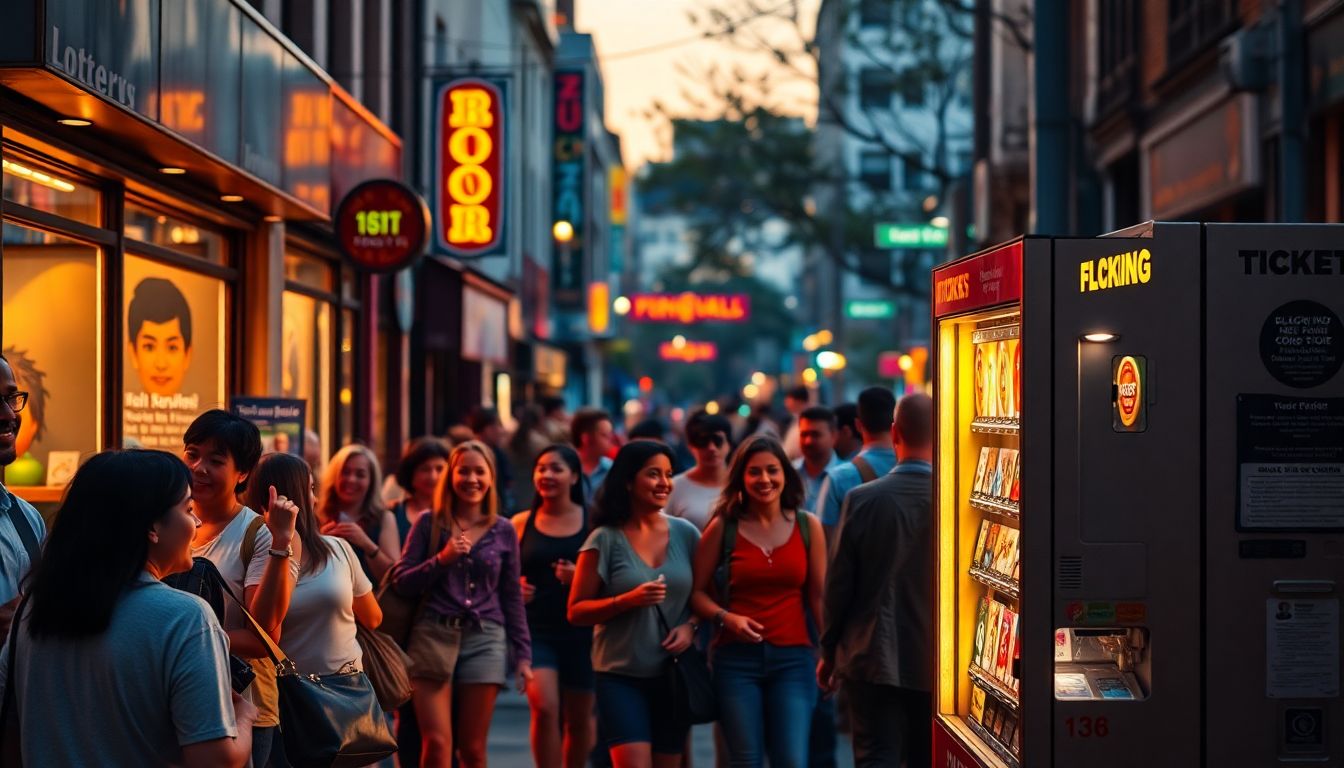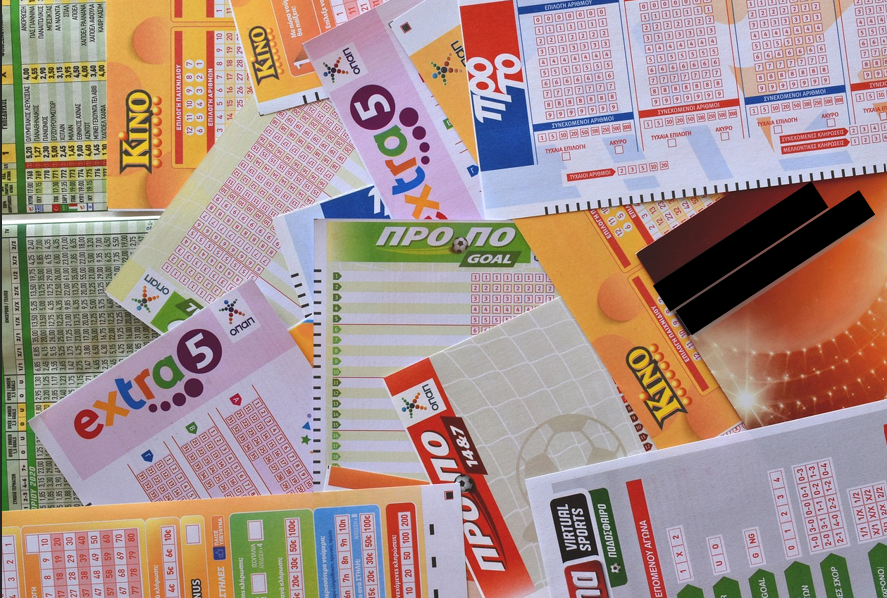The age to buy a lottery ticket in the UK varies depending on the state. In some States, you have to be over 21 years of age. Others allow you to buy tickets if you are at least 16 years old. Regardless of your age, it is still a good idea to check the rules before you buy a ticket.
Minimum age to buy a lottery ticket
The minimum age to buy a lottery ticket will change from 16 to 18 years of age in April 2023. This will affect online retailers as well as organizations that sell lottery products. The previous age limit has been in place for many years, but the new age requirement will come as a shock to retailers that rely on lottery ticket sales.
The legal age to buy a lottery ticket varies from country to country, but in general, lottery play is not permitted for people who are under the age of 18. In the United States, the minimum age to buy a lottery ticket is eighteen years of age. However, there are exceptions. In some countries, such as Italy, the minimum age to buy a lottery is fifteen years of age.
States that require 21 years of age
In Delaware, a person must be at least 21 years of age to buy a lottery-sealed ticket. While this is not true in many other states, it is still a requirement for pari-mutuel betting and charitable games. It is also illegal to sell lottery tickets to people under age 18 in some instances. However, the minimum age to buy lottery tickets is not the same as the minimum age to buy raffle tickets.
If you are under 21 and you win the lottery, you must transfer the money to a friend or family member who is of legal age. This can be frustrating, but it is necessary to follow the lottery rules in your state.
State that prohibits sale of lottery tickets to minors
According to the Massachusetts Lottery Law, lottery retailers are not allowed to sell tickets to underage individuals. However, this law does not prohibit a 21-year-old from purchasing a ticket for a minor. Despite this prohibition, a recent survey showed that more than two-thirds of teenage boys and girls bought lottery tickets within the past year.
The age limits for commercial gambling vary from state to state, but in general, the minimum age for buying lottery tickets is 18 years old. Some states, however, make certain exceptions for children. For example, games of chance at carnivals and bingo are permitted, but they must be attended by an adult. Also, there is a $100 limit on prizes. However, if a lottery offers a jackpot worth $800 or more, the ticket cannot be sold to an underage person.
States that allow online sales of lottery tickets
A growing number of states are allowing the sale of lottery tickets online. These states include Alabama, Nevada, Hawaii, and Mississippi. However, some do not allow online lottery sales, and those that do are often governed by strict laws. Fortunately, this is not always the case, and there are some exceptions to the rule.
Online lottery sales are a relatively new concept in the US, and only a few states allow them. Others are undecided on the issue. The following guide will help you learn more about online lottery sales in the US, including the websites of participating states and third-party lottery services. You will also find out which games are available online and where to buy them.
Some states also offer subscription services, which allow lottery players to buy tickets on a recurring basis. You can sign up for a subscription by visiting the official lottery website for the state you wish to play in. By using a subscription service, you can buy your tickets months or even weeks in advance. This helps you to pick winning numbers well in advance and check tickets before they go on sale.
States that allow pari-mutuel betting
In states that allow pari-mutuel lottery betting, the minimum age for pari-mutuel betting is 18 years old. These laws are intended to keep minors from participating in gambling activities. For example, minors are prohibited from playing slot machines and horse races. In addition, these laws also prohibit minors from working at or patronizing a racetrack.
While some state lottery systems are illegal, many others are legal. The state lottery system is the largest source of revenue for many states. Pari-mutuel betting is legal in forty-one states. In one recent study, Elliott and Navin examined the impact of pari-mutuel betting and casinos on state lottery revenues. They found that pari-mutuel betting and casinos can lead to significant cannibalization of lottery revenues.







Facebook Comments